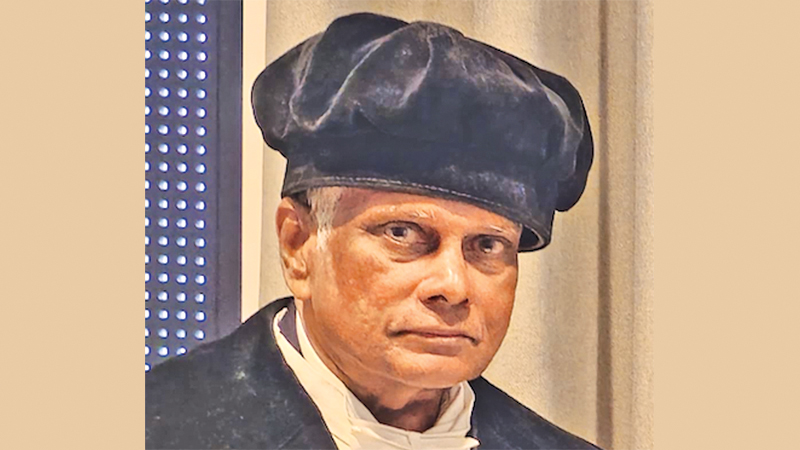The current trade policies in Sri Lanka are effective, but a bolder and more diversified approach could help the country to unlock the full potential of the global spice market, said a well known neuroscientist.
While the available efforts have laid a strong foundation, there is room for more vibrant measures. The global spice trade could benefit from aggressive marketing campaigns that position spices not only as culinary ingredients but also as health and wellness products, especially in the growing nutraceutical and organic segments, said Founder Director, Interdisciplinary Centre for Innovation in Biotechnology and Neuroscience, Faculty of Medical Sciences, University of Sri Jayewardenepura and Core Working Group Member, Annihilation of Neurogenetic Disease in Asia Pacific and Principal Investigator, Neuro-Molecular Diagnostics and Neuro-Bio Bank, Prof. Ranil de Silva.
He said investing in farmer education, digital platforms for direct trade, and sustainable farming practices would align the spice industry with global trends and consumer expectations. Stressing the need for value addition to the perennial export commodity he said Sri Lanka should prioritise value-added production of Cinnamon targeting the health and wellness market.
Ceylon Cinnamon or true cinnamon is relatively expensive due to its high quality, chemical composition, and proven health benefits, and ultra- low levels of the toxic chemical compound, coumarin, which is reported in comparatively high concentrations in Cassia cinnamon.
“The substantial health advantages and significantly lower coumarin content found in Ceylon cinnamon in comparison to Cassia cinnamon make it a highly promising candidate for the development of pharmaceutical or nutraceutical supplements. Strengthening branding (Genetic Barcoding / Chemical Profile Branding) for Ceylon Cinnamon will help differentiate it from lower-quality cassia products,” Prof. de Silva said adding that investing in modern processing and packaging technology can improve quality consistency and shelf life. Moreover, capacity building among farmers and Small and Medium Enterprises (SMEs), coupled with stronger quality control and certification systems (Organic Certifications), will ensure product integrity and expanding market reach.
Prof. de Silva said that Ceylon cinnamon, spices, herbs and Ceylon Tea towards innovation and entrepreneurship, value-added functional food / neuroprotective pharmaceutical or nutraceutical supplements development with multidisciplinary research and development can be done through Public-Private and International Partnerships.
“With the rapid increase in life expectancy and the proportion of the elderly population, age dependent Neurodegenerative Diseases: Alzheimer’s disease (AD) and Parkinson’s Disease (PD). The prevalence is on the rise. No treatment that has been discovered, which is capable of modifying the course of the disease.
“Complementary and alternative medicine based on natural products is becoming increasingly popular in Western countries and is a multibillion-dollar industry,” he said, adding that collaborative research into; Ayurvedic tea blends, herbal infusions composed of ingredients such as cinnamon, clove, and ginger in the prevention of neurodegenerative diseases is of importance in therapeutic and preventive healthcare.









